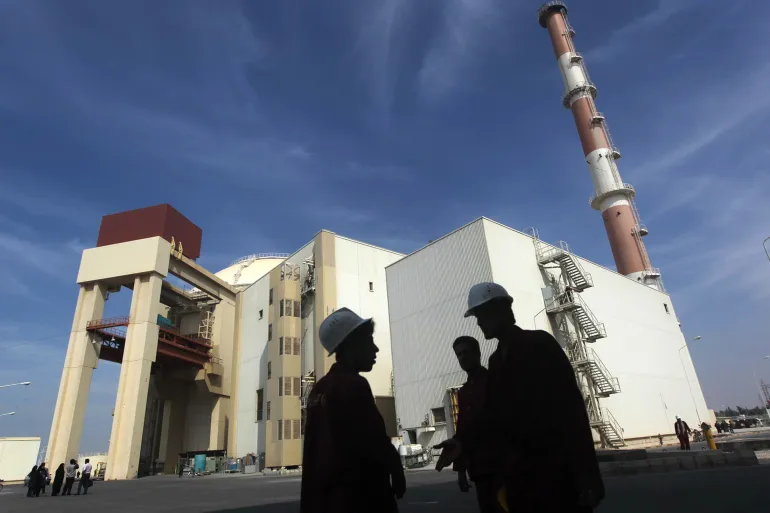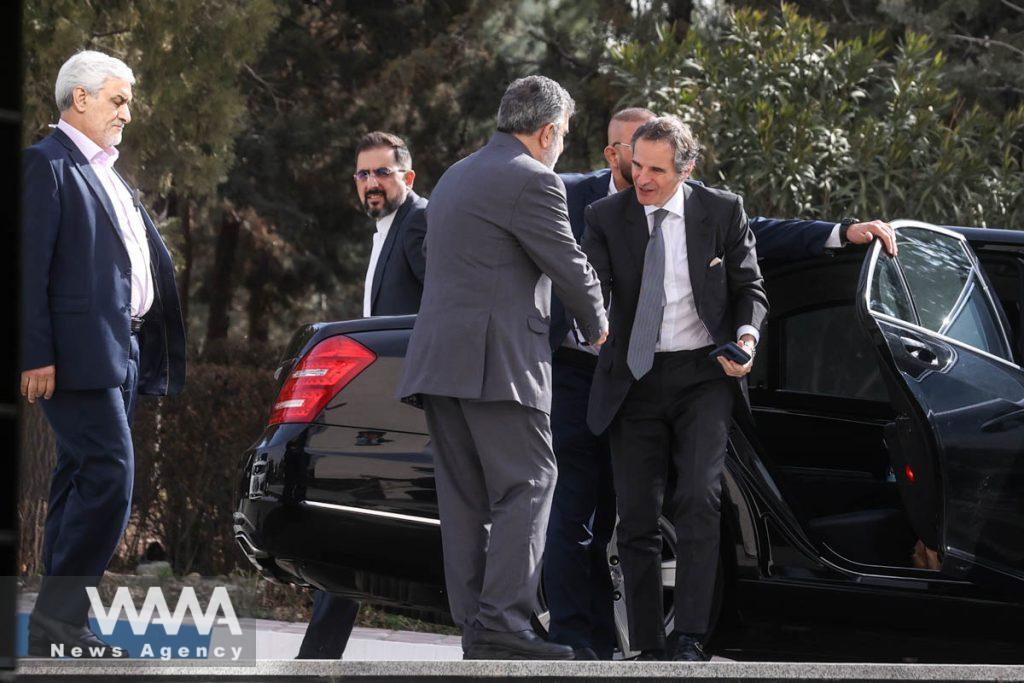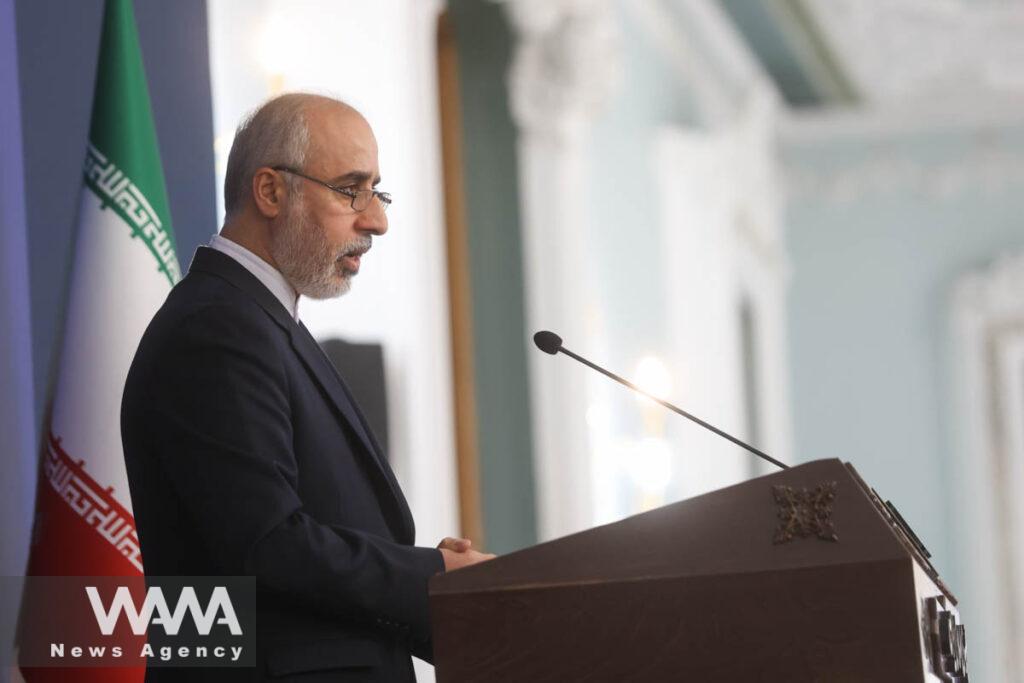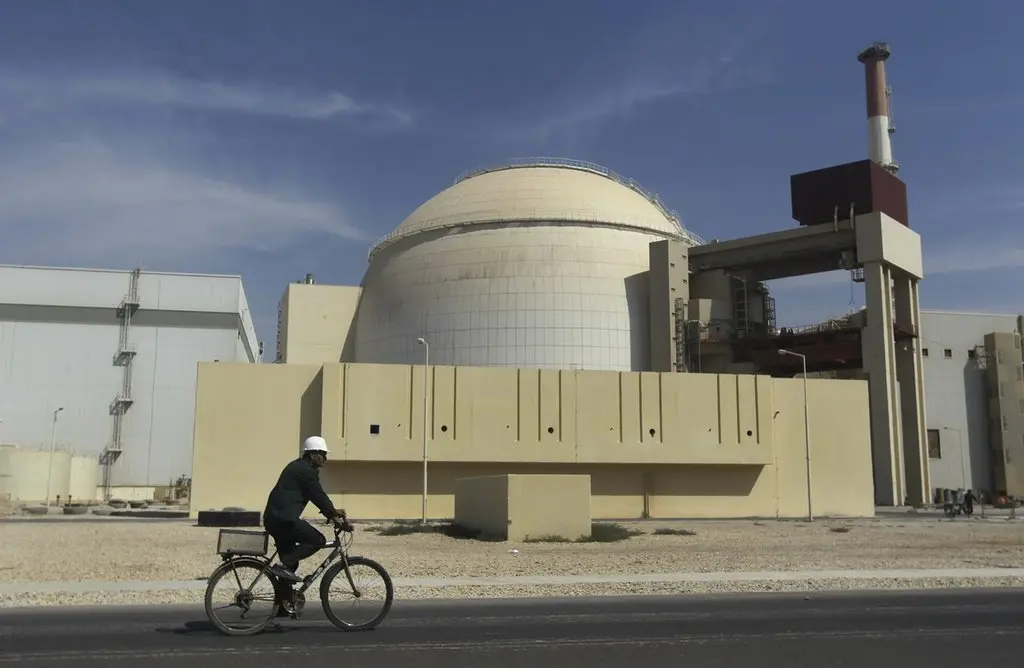Iran dismisses any “interim deal” the U.S. is pushing for
WANA (Apr 8) -The Biden administration says the Joint Comprehensive Plan of Action (JCPOA) is not on the agenda anymore. However, on Monday a report by Axios revealed that the U.S. has discussed with its European and Israeli partners an interim agreement with Iran that would include some sanctions relief in exchange for Tehran freezing parts of its nuclear program, mainly halting enriching uranium at 60% purity.
The approach is similar to one led by White House National Security adviser Jake Sullivan and CIA director Bill Burns, who were senior members of the Obama administration in 2013. At that time Iran and world powers signed the 2013 Joint Plan of Action (JPOA), which included a short-term freeze on parts of Iran’s nuclear program in return for partial sanctions relief.
The original interim agreement was for a period of six months and was renewed several times until the full nuclear deal was reached in July 2015.

The reactor building at the Bushehr nuclear power plant. Majid Asgaripour/ WANA News Agency
Since Biden took office, the U.S. has vacillated between seeking to return to the 2015 deal and stopgap solutions. It already mooted an interim deal in 2021, but when the parties couldn’t come to a solution, the proposal was shelved.
In such a situation, the Biden government has adopted a doctrine called “no deal, no crisis” towards Iran. According to the “Hill”, which is the official U.S. Congressional newspaper, this policy is described as follows:
“The idea is to keep Iran off President Biden’s desk by avoiding either a politically damaging diplomatic settlement or an escalation that risks conflict — a tenuous tightrope.”
The Bloomberg publication, also explained this policy as preventing a crisis with Iran on one hand and on the other hand maintaining continuous economic pressure on the country.
However, in recent weeks especially after the recent drone attacks on the U.S. base in Syria, it has been argued that this policy is not sustainable and that Biden’s administration cannot maintain this situation for much longer.
A new report by the U.S. Congressional Research Center published last week, says the “various policy tools, including comprehensive sanctions, limited military measures, and diplomatic interactions with Iranian statesmen”, have not been successful in reducing the so-called “Iranian threat”.

International Atomic Energy Agency (IAEA) Director General Rafael Grossi exits a car before his meeting with Head of Iran’s Atomic Energy Organization Mohammad Eslami, in Tehran, Iran, March 4, 2023. Majid Asgaripour/WANA (West Asia News Agency)
Iran for its part has so far rejected the new approach, saying that it didn’t work before, adding that it has been approached via interlocutors with similar initiatives of an interim deal on several occasions.
The country’s former foreign ministry spokesman, Saeed Khatibzadeh, said last week: “We are negotiating for the lifting of sanctions… There is no such thing as a temporary agreement.”
Nasser Kanani, the current spokesman of the Ministry of Foreign Affairs, has also said: “The Islamic Republic of Iran does not consider a temporary agreement. Our basis is to return to the JCPOA based on the agreement signed in 2015.”

Iranian Foreign Ministry Spokesman Naser Kanaani speaks in his weekly press conference in Tehran, Iran, March 13, 2023. Majid Asgaripour/WANA (West Asia News Agency)
From the Islamic Republic of Iran’s point of view, considering the fact that the U.S. and European countries refused to implement their JCPOA obligations, only an agreement can be considered a “good agreement” that not only compensates for the effects of the western parties’ past violations, but also prevents future violations.
Iran knows by experience now that even the return of all parties to the JCPOA will not necessarily result in a good agreement, let alone accepting a temporary deal that will require restrictions, not in exchange for the lifting of sanctions, but in exchange for unblocking part of its assets.
In addition, the Islamic republic is currently expanding relations in the region and outside, with its economy finding ways to breathe. The diplomatic relations resuming with Saudi Arabia, and with Iran joining the Shanghai Cooperation Organization, the country is hopeful for its economic future without having to rely on any deal with Western countries that have repeatedly shown their lack of good faith in any dealings with Iran.
Also, by accepting the “interim agreement”, the Islamic Republic will practically be kneeling to the maximum pressure policy of the U.S., backing down from its rightful and reasonable demand which is canceling all sanctions. This appears impossible for a country that identifies with its resistance towards all sorts of tyranny.
8, 2023












